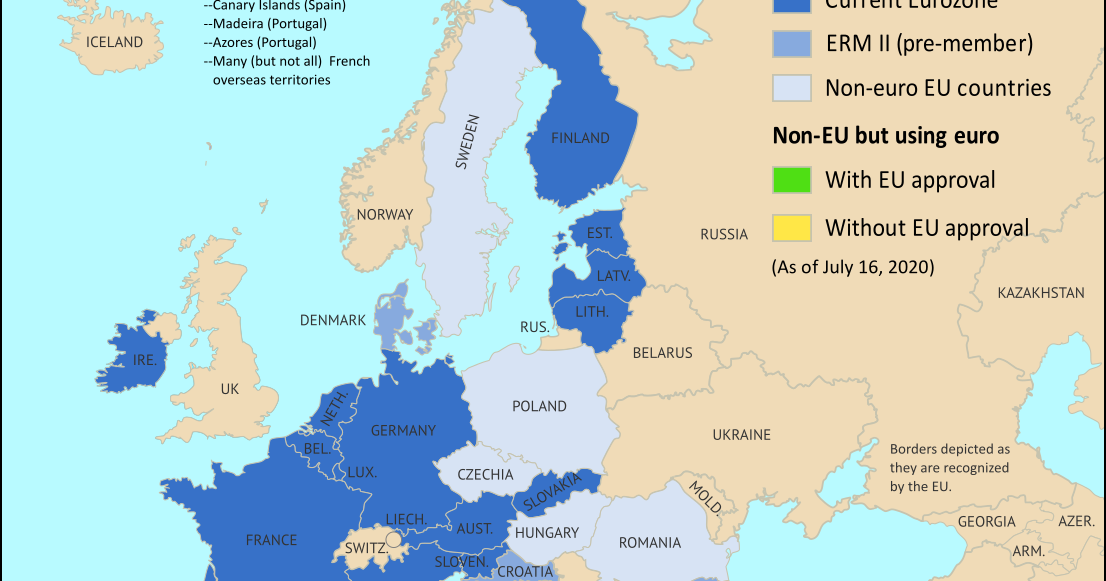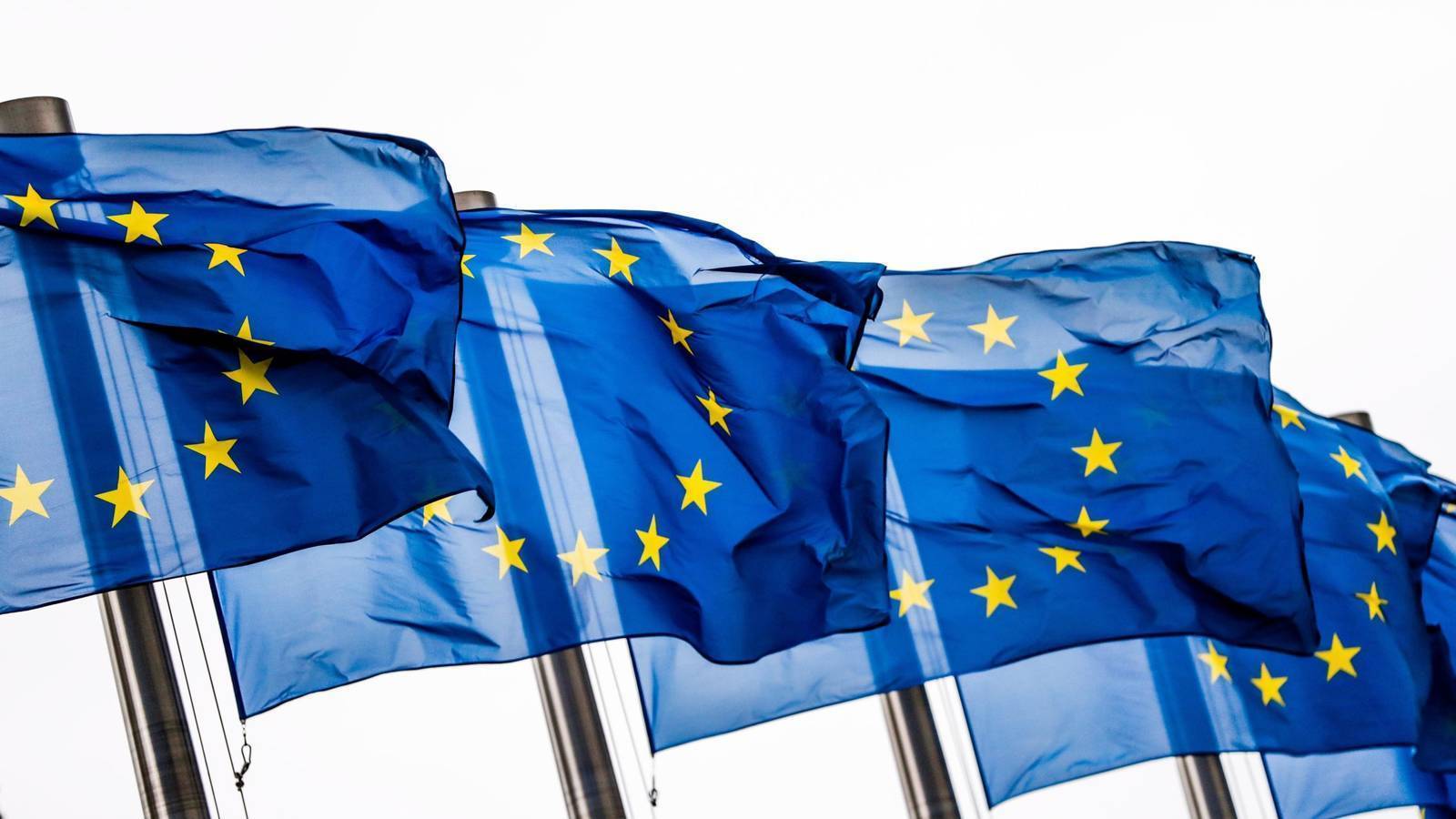Tema sobre la Unión Europea. Para niñ@s de 6 grado de primaria. ASIGNATURA: Social Science. ¡Una manera divertida de aprender! Espero que lo disfruten y les sirva de ayuda!!
Pinned to
12
0
0
No tags specified
|
|
Created by Ainhoa Gracia Diloy
about 5 years ago
|
|
Close




